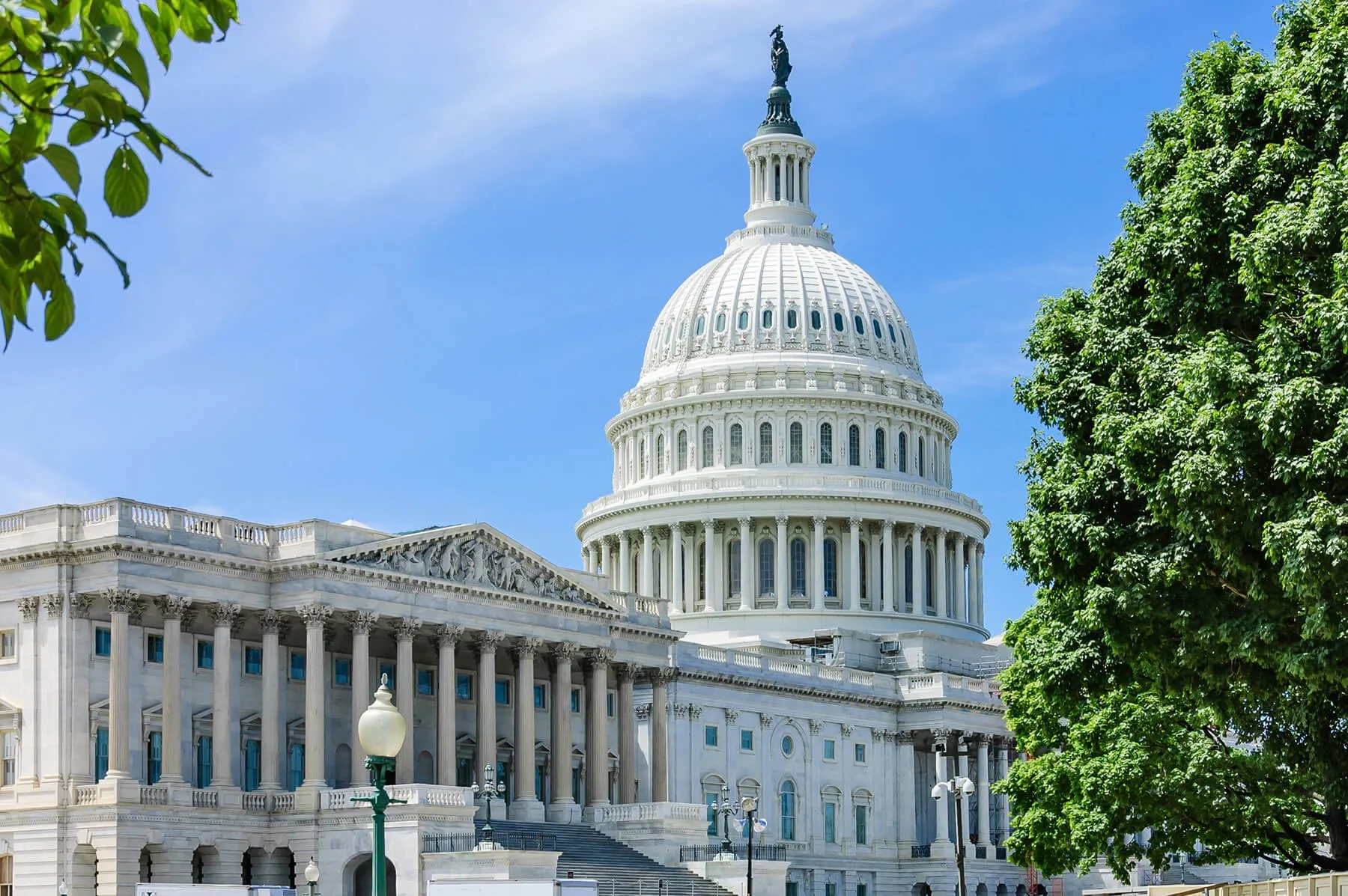Coronavirus Related Legislation Benefiting Nonprofit Organizations
More Help for Nonprofits Facing Challenges from COVID-19
House and Senate Pass the "Protecting Nonprofits from Catastrophic Cash Flow Strain Act”
This bipartisan bill would ensure that nonprofits receive Federal help for unemployment payments upfront, rather than being reimbursed later. This would also free up much needed funds to keep nonprofits running and serving Americans.
What is the Catastrophic Cash Flow Strain Act?
The Senate and House have unanimously passed legislation introduced by Sens. Chuck Grassley (R-Iowa), Sherrod Brown (D-Ohio), Tim Scott (R-S.C.) and Ron Wyden (D-Ore.), the Protecting Nonprofits from Catastrophic Cash Flow Strain Act, to help nonprofits, state and local governments, and federally recognized Tribes remain financially viable during the COVID-19 pandemic. President Trump is expected to sign it into law. More information on the bill, including status, can be found at the link.
Challenges for Nonprofit Organizations Due to COVID-19
Recent reports indicate that 69 percent of nonprofits surveyed had been forced to postpone or cancel events, 57 percent had limited or canceled programs, while 87 percent had encouraged or required their staff to work remotely. Forty-six percent of the organizations provide telecommuting options for employees, and 48 percent allow remote work arrangements.
Many nonprofits operate as ‘reimbursing employers,’ which means they pay their share of unemployment taxes by reimbursing states for 100 percent of the unemployment benefits collected by their former employees. Recognizing that reimbursing employers would be unable to cover all of their unemployment costs, the CARES Act allows nonprofits to reimburse only 50 percent to the states while the federal government covered the other 50.
Guidance issued by the Department of Labor in April, however, requires states to collect 100 percent of unemployment costs from nonprofits up front and reimburse them later, putting a further strain on organizations hit hard by COVID-19. The Senators’ bill would clarify that nonprofits are only required to provide 50 percent in payments up front. The net cost to the employer and the federal government would remain the same, but would free up much needed money to help nonprofits stay afloat.
“The CARES Act provided substantial relief to nonprofits forced to furlough or lay off staff,” Grassley said. “Without this fix, some nonprofits would have to make large payment to the state now – when they’re least able to afford it – and then wait for a reimbursement later. This bill would make sure they don’t have to wait for further relief.”
“Nonprofits are on the frontlines of the COVID-19 pandemic and our constituents are increasingly looking to local nonprofits to help feed their families or make ends meet,” Brown said. “We shouldn’t be putting added financial strains on nonprofits at a time when they need this money to better serve our communities.”
“Nonprofit organizations play a vital role in our communities, especially during this time of uncertainty for so many American families,” Scott said. “This bipartisan legislation protects these vulnerable organizations from being placed in unnecessary hardship in the midst of the pandemic. I’m grateful for the support of my colleagues on this issue and looking forward to this being signed into law.”
“Nonprofit groups like food banks have been critical in helping their communities through the pandemic and economic crisis,” Wyden said. “Many are struggling to maintain services as they have been forced to furlough their own employees. Our proposal is a commonsense fix that will help nonprofits maintain the cash flow needed to survive this crisis and continue serving others in need.”
Conclusion Regarding the Protecting Nonprofits from Catastrophic Cash Flow Strain Act
For many nonprofit employers, the requirement to pay 100% of the unemployment insurance bill before securing relief exacerbates the financial impact of historically high claims triggered by the pandemic, increasing the risk of further layoffs, closures, or substantial reductions in services. This legislation would enable states to provide the CARES Act’s 50% emergency relief to reimbursing employers without requiring these nonprofits or other entities to pay their full bill first. While this legislation is not a complete solution to the strain the cost of unemployment insurance puts on nonprofits, it is a step in the right direction.
Nonprofits Should Keep an Eye on the Small Business Disaster Loan Enhancement Act
On July 2, Senators Brian Schatz (D- Hawaii) and Catherine Cortez-Masto (D-Nev.) introduced the Small Business Disaster Loan Enhancement Act of 2020 to boost funding and lower interest rates for the Small Business Administration’s Economic Injury Disaster Loan (EIDL) program.
Unlike the Paycheck Protection Program (PPP), most nonprofit organizations are eligible for relief through the EIDL program, which also allows for more flexibility and can be used to cover a wide range of costs relative to the PPP. Specifically, this bill calls for the following:
Lower interest rates to one percent, in line with the PPP loan rate;
Allow new EIDL loan applicants to receive up to $2 million, based on their financial need;
Enable current EIDL loan recipients to request an increase in their EIDL loan up to $2 million, based on their financial need;
Require the SBA to provide the full amount of the EIDL advance requested by an applicant, up to $10,000;
Create a new EIDL advance of up to $25,000 for applicants that have experienced a reduction of 50 percent or more in gross receipts from a comparable 8-week period before the public health crisis began; and
Provide an additional $80 billion for EIDL loans and $20 billion for EIDL advances.
Additional COVID-19 Legislation Nonprofits Should Monitor
A major COVID-19 relief package is expected later this month and Senators indicate they remain steadfast in their pursuit to expand PPP eligibility, pass the Pandemic Risk Insurance Act (H.R. 7011) and pass the Skills Renewal Act, per amended language (H.R. 7032 / S. 3779).
Questions About Your Nonprofit Facing Challenges Due to COVID-19? We are here to help!
If you are a tax-exempt organization and have questions, our experienced attorneys can help. Please contact Jonathan Grissom, Nonprofit Lawyer, via the contact button below.
